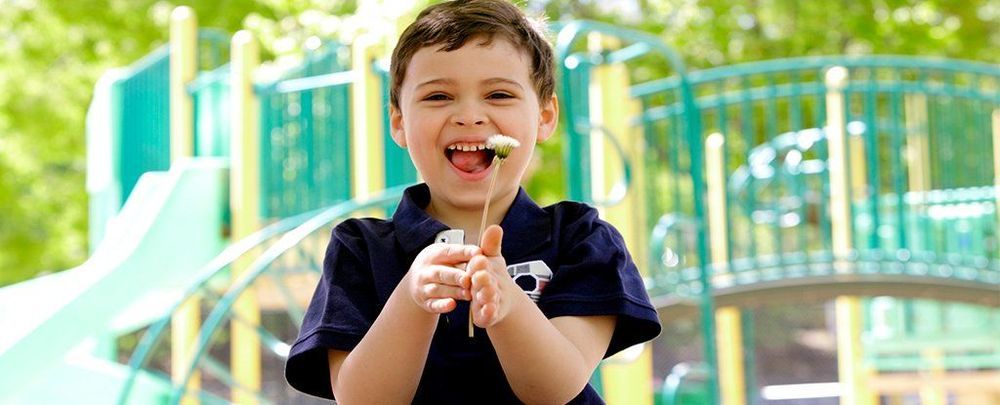Transforming the microbial environment in the guts of children diagnosed with autism could significantly ease the severity of their condition’s signature traits, according to newly published research.
A study on the effects of a form of faecal transplant therapy in children on the autism spectrum found participants not only experienced fewer gut problems, but continued to show ongoing improvements in autism symptoms two years after the procedure.
Arizona State University researchers had already discovered a dose of healthy gut microflora caused characteristics associated with autism spectrum disorder (ASD) to ease or vanish for at least a couple of months after treatment ended.










Comments are closed.